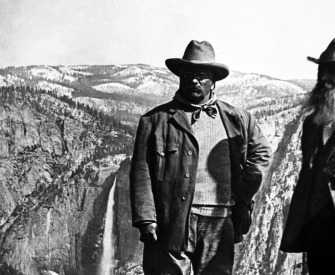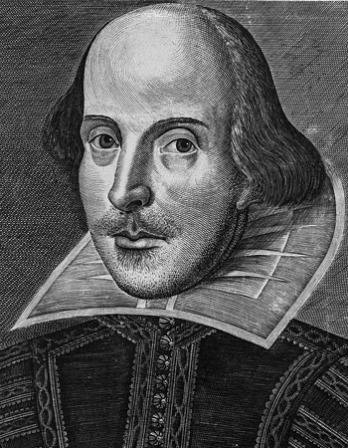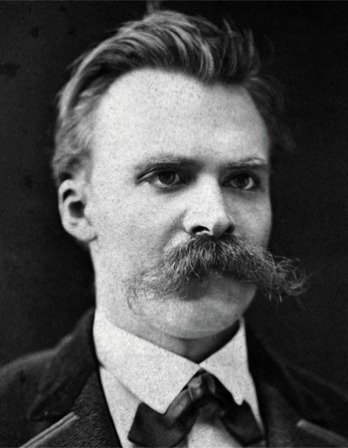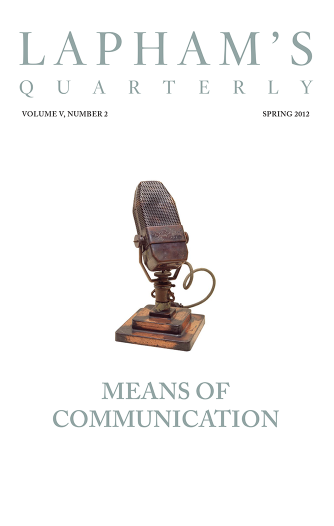A butcher demonstrated dissecting an ox in the presence of Prince Wen Hui. With what his hands were touching, his shoulders were leaning, his feet were treading, his bent knees were pressing, and with an artful use of his knife, he made the sounds of dislocating joints and separating bones from muscles form rhythms and a succession of musical tones.
Prince Wen Hui said, “Ah! Excellent! How could your technique reach such perfection?” The butcher laid down his knife and answered, “What I have wished is Dao, far more superior to technique. When I first dissected oxen, what I saw was nothing less than the whole ox. After three years, I no longer saw the whole ox. And now, I let my intuition, not my eyesight, lead the way, such that functions of the organs are accessories to initiatives of the mind. I proceed on what comes naturally, attack the hollow cavities between tendons and bones, and sink knife into joints, taking advantage of their natural structures, without interfering with the big and small blood vessels around small muscles and bones, let alone bigger bones. A good butcher changes his knife every year; he uses it to cut muscles. An ordinary butcher changes his knife every month; he uses it to cut bones. I have used the same knife for nineteen years to dissect several thousand oxen. It looks like new from the sharpening stone. Since the bone joints have empty space in between and the knife blade has no thickness, inserting what has no thickness into where it is hollow leaves plenty of room for maneuvering. Therefore, after nineteen years it still looks like new from the sharpening stone. Even so, every time I come to complex formations, I find it to be a tough job and call for extreme caution. I look at it with great attention and proceed with deliberate slowness. With a slight movement of the knife, the dissection is over, as swiftly as throwing mud on the ground. The ox doesn’t even know it is dead!”
©2008 by Chung Wu. Used with permission of Peter Lang Publishing.
From the Zhuangzi. The book remains one of the most influential in the Daoist canon. Requesting that after death his body be left to nature, his disciples cautioned that birds might pick at him; he replied, “Above the ground it’s the crows and the kites who will eat me; below the ground it’s the worms and the ants. What prejudice is this, that you wish to take from the one to give to the other?”
Back to Issue





